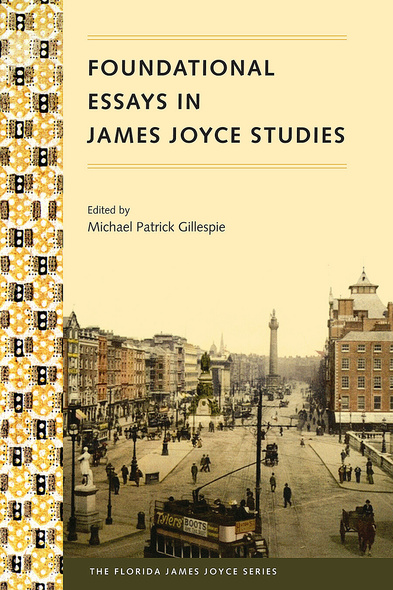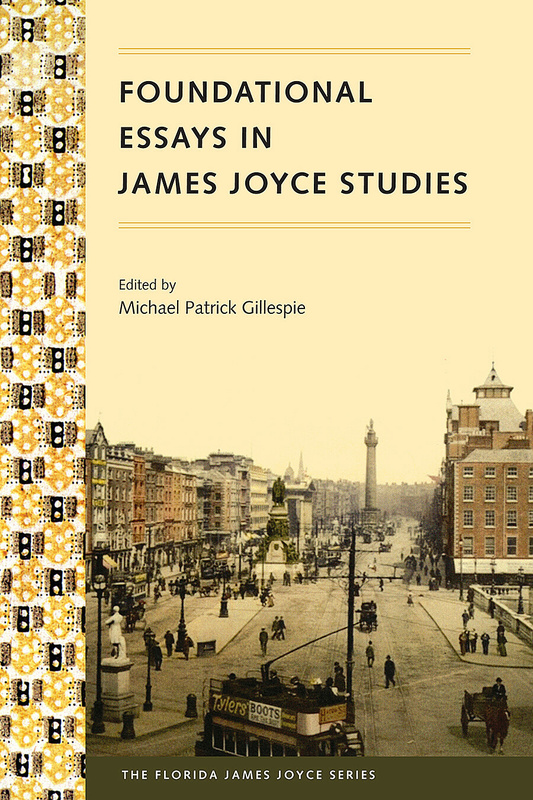Foundational Essays in James Joyce Studies
"Provides readers with introductions to, and examples of, important Joyce scholarship during its middle years, the 1950s and 1960s, when much of the groundwork for today’s Joyce criticism was laid."—Patrick A. McCarthy, University of Miami "Provides readers a revealing, stimulating basis for moving forward with their own interpretations while remembering the paths, clearly marked out by the editor’s introductions and selections, already traveled by twelve canny, influential, earlier readers of Joyce’s memorable narratives."—John Paul Riquelme, Boston University This collection presents, in a single volume, key seminal essays in the study of James Joyce. Representing important contributions to scholarship that have helped shape current methods of approaching Joyce’s works, the volume reacquaints contemporary readers with the literature that forms the basis of ongoing scholarly inquiries in the field. Foundational Essays in James Joyce Studies makes this trailblazing scholarship readily accessible to readers. Offering three essays each on Joyce’s four main works (Dubliners, A Portrait of the Artist as a Young Man, Ulysses, and Finnegans Wake), editor Michael Patrick Gillespie provides a contextual general introduction as well as short introductions to each section that describe the essays that follow and their original contribution to the field. Featuring works by Robert Boyle, Edmund L. Epstein, S. L. Goldberg, Clive Hart, A. Walton Litz, Robert Scholes, Thomas F. Staley, James R. Thrane, Thomas F. Van Laan, and Florence L. Walzl, this is a volume that no serious scholar of Joyce can be without. Michael Patrick Gillespie, professor of English at Florida International University, is the author or editor of many books, including The Aesthetics of Chaos and Oscar Wilde and the Poetics of Ambiguity.
Michael Patrick Gillespie, professor of English at Florida International University, is the author or editor of many books, including The Aesthetics of Chaos and Oscar Wilde and the Poetics of Ambiguity.





